The Oscars are never going to please everyone. So many great films are released every year, and only a finite number of them can receive nominations and awards. There are bound to be some controversial omissions (and 2022 certainly had a few).But some omissions are more forgivable than others. There have been numerous instances where the Academy didn't award or even nominate films that would later become universally regarded as classics. From Disney, to Stanley Kubrick, and Charlie Chaplin, plenty of Oscar snubs are truly unbelievable and must never be forgotten.
Dirty Harry (1971)
The gritty classic that spawned a franchise and cemented Clint Eastwood as the toughest man on screen. Eastwood stars as "Dirty" Harry Callahan, a police inspector who is on a mission to capture an evil serial killer terrorizing San Francisco. Like his nickname suggests, Harry is not afraid to play dirty and won't let anything stop him from bringing bad guys down, not even the rule book.
Dirty Harry is a compelling film with all the ingredients that the Oscars traditionally like: a magnetic lead character, exciting action, and a thought-provoking story. But it got no nominations, and the most likely reason was because of The French Connection. It was released a couple of months before Dirty Harry and was a gritty crime drama about a rule-bending police officer. It doesn't hurt that The French Connection is much less graphic than Dirty Harry and therefore, would more palatable for viewers and voters. Whatever the reasons, The French Connection swept the Oscars while Dirty Harry was not so lucky, punk.
'Lady and the Tramp' (1955)
Lady and the Tramp is primarily remembered for its spaghetti scene, and hugely problematic "We are Siamese" song, but aside from that blemish, the film is terrific. The story follows two very different dogs, the refined Lady and scrappy Tramp, who fall in love and have big adventures in the city. It has been warming hearts for well over 60 years and even earned a remake in 2019.
Even though Disney was a certified Oscar magnet by the time this film came out, Lady and the Tramp didn't get a single nod. Not even for its virtuoso score or any of its memorable songs (like the bellissimo "Bella Notte"). One would think the movie at least deserved some honorary award for technical achievement: it was the first animated feature released in widescreen, arguably changing the entire game for animated films. Sometimes a dog doesn't have its day.
'The Shining' (1980)
The Shining sees Jack Nicholson play a writer named Jack Torrance, who accepts a job as a caretaker at an isolated hotel. After moving there with his family, it isn't long before Jack starts to see ghosts and lose his grip on reality. Of course, anyone with an even cursory knowledge of great cinema would be familiar with this story. The film has gone on to be a cultural landmark.
The Shining displays technical excellence across the board. From Jack Nicholson's force of nature acting to the score, which sets the spooky tone perfectly, and especially the masterful direction of Stanley Kubrick. Every scene is beautifully done, packed with clever details, and fully immerses the viewer in Torrance's terrifying nightmare. It would be a safe bet that this film was too weird for Academy voters to get behind, and thus it received no nominations. The Shining did receive Razzie nominations, adding hefty insult to injury.
Reservoir Dogs (1992)
Making a classic movie on your first attempt it's every film student's dream. Quentin Tarantino achieves that with Reservoir Dogs. It centers on a team of colorful criminals assembled by crime boss Joe Cabot (Lawrence Tierney) for a diamond heist. One of the teammates is a police informer and what follows is a rollercoaster of surprises, violence, and snappy dialogue.
While it lacks polish, the film does exhibit a quality of writing and execution that could've and should've warranted a nod or two. The most likely explanation was that this low-budget independent feature was out-marketed by bigger players. Still, it's a snub that grows more egregious each year, and Reservoir Dogs ascends higher in the pantheon of great contemporary cinema. It's iconic; it's impossible for a group of men wearing suits and sunglasses to walk down a street today without evoking the "Little Green Bag" song.
'Scarface' (1983)
"The world is yours" — four words that encapsulate the grand ambition and greed of Tony Montana (Al Pacino). This film explores how Montana hustles his way from a refugee to a rich and powerful drug lord. As Montana's fortune grows, his issues do as well, and it isn't long before his world comes crashing down.
With Oliver Stone penning the script, Brian De Palma in the director's chair, and Pacino in the lead role, you'd think this film would be an awards darling. But it was despised by critics and Hollywood for its extremely vulgar and violent content. With such a negative reaction, Scarface had no chance of saying "hello" to a little golden friend. It's a shame since much of the film would've otherwise been a genuine Oscar contender, particularly the transformative performance of Pacino and the excellent costume and production design. History has been kind to Scarface, though; it has grown into a popular cult classic. Perhaps it's because society has loosened up enough that people can look past the naughty stuff and just appreciate the film for its wildly unique and well-made tale.
'Frankenstein' (1931)
This film has arguably done the most to bolt Mary Shelley's Frankenstein into the public imagination. It also launched generations of Halloween costumes, and in 91 years, it hasn't gotten a single negative review! Boris Karloff stars as the Monster brought to life by Dr. Frankenstein (Colin Clive). The Monster struggles to navigate a world he can't understand and doesn't seem to want him.
The real world wasn't much better. Frankenstein wasn't only censored and banned in many places; the Academy also disregarded it. It received no nominations even though it was richly deserving on many fronts. The two lead actors deliver incredible performances, Clive with his obsessive and passionate performance as Dr. Frankenstein and Karloff, who expertly balances menace and humanity as the non-speaking Monster. The script weaves an exciting and intelligent story that establishes much of the ingenious Frankenstein mythology that persists today. The film also would've been a lock for Best Makeup, except the category wasn't introduced until 1981.
'From Russia with Love' (1963)
From Russia with Love sends James Bond (Sean Connery) on a mission to retrieve a decoding machine with the help of Soviet agent Tatiana Romanova (Daniela Bianchi). It turns out that they're both being used as pawns by the evil organization SPECTRE, whose aim is to kill them both and keep the machine for themselves. This film balances the seriousness and intensity of Ian Fleming's Bond with just enough action and fun to please movie audiences — the result is one of the best Bond films of all time.
For this film to be ignored entirely at the Oscars was a crime of SPECTRE-like proportions. So much of it was Oscar-worthy: the innovatively energetic editing from Peter Hunt, the beautiful title song and score, the impactful cinematography by Ted Moore, and so on. These behind-the-scenes geniuses made From Russia with Love (and the Bond series, in general) such a fresh and exciting experience. A good consolation is that the film's cinematography and title song were recognized by the BAFTAs and Golden Globes, respectively.
'Duck Soup' (1933)
Widely regarded as the best Marx Brothers movie, certainly the one with the most appetizing title. It sees the awesome foursome engage in a political satire set within the fictional country of Freedonia. Groucho Marx becomes the country's unfit leader, Zeppo is his secretary (it was also Zeppo's final movie with them), while Chico and Harpo play two bumbling spies who a rival country has sent.
The film doesn't just bring the laughs but also a genuinely impressive level of technical quality: the screenplay is an inventive hailstorm of wit, the sets are epic, and the sequences are very well-executed (particularly the raucous musical number and iconic mirror sequence). Perhaps if the film were more conventional and less politically provocative, it would've received more love from the critics and the Oscars. The Marxes would eventually receive their deserved recognition from the Academy, though. In 1974, Groucho was presented with an honorary Oscar.
'The Breakfast Club' (1985)
The jock, the popular girl, the geek, the rebel, and the outcast... high school stereotypes that we're all familiar with. The Breakfast Club, written and directed by John Hughes, puts them all in Saturday detention. Over one day, each stereotype's layers are peeled away, exposing the relatable humans underneath.
It's been a long and challenging climb for quirky teen dramas to gain the Oscar's respect. Juno managed to land four nominations and a win in the 2000s, but the 1980s weren't there yet, and The Breakfast Club was ignored. The film's refreshing and evocative script, the spot-on performances from the leads, and the melancholy masterpiece of a song "Don't You (Forget About Me)" went without deserving recognition. The Breakfast Club would get some kudos a few decades later, though: in 2005, it received a special Silver Bucket of Excellence Award at the MTV Movie Awards, and in 2016, it was inducted into the National Film Registry.
'City Lights' (1931)
In City Lights, Charlie Chaplin's Tramp falls in love with a blind flower saleswoman (Virginia Cherrill). He works hard to win her heart and raise the money necessary to help her but stumbles into several mishaps along the way. It's all worth it in the end, and the film finishes with one of the most touching sequences in cinema history.
Produced at a time when talking pictures were on the rise, Chaplin gives us a non-talking picture that rises even higher. His acting, writing, directing, and musical talents all meld into a masterpiece that can make an audience laugh and cry from any decade. He also proves that a film doesn't need dialogue to create an engaging story that speaks to everyone. It is baffling for Chaplin and the film to receive no Oscar nominations at all, but it does nothing to dim the eternally bright City Lights.

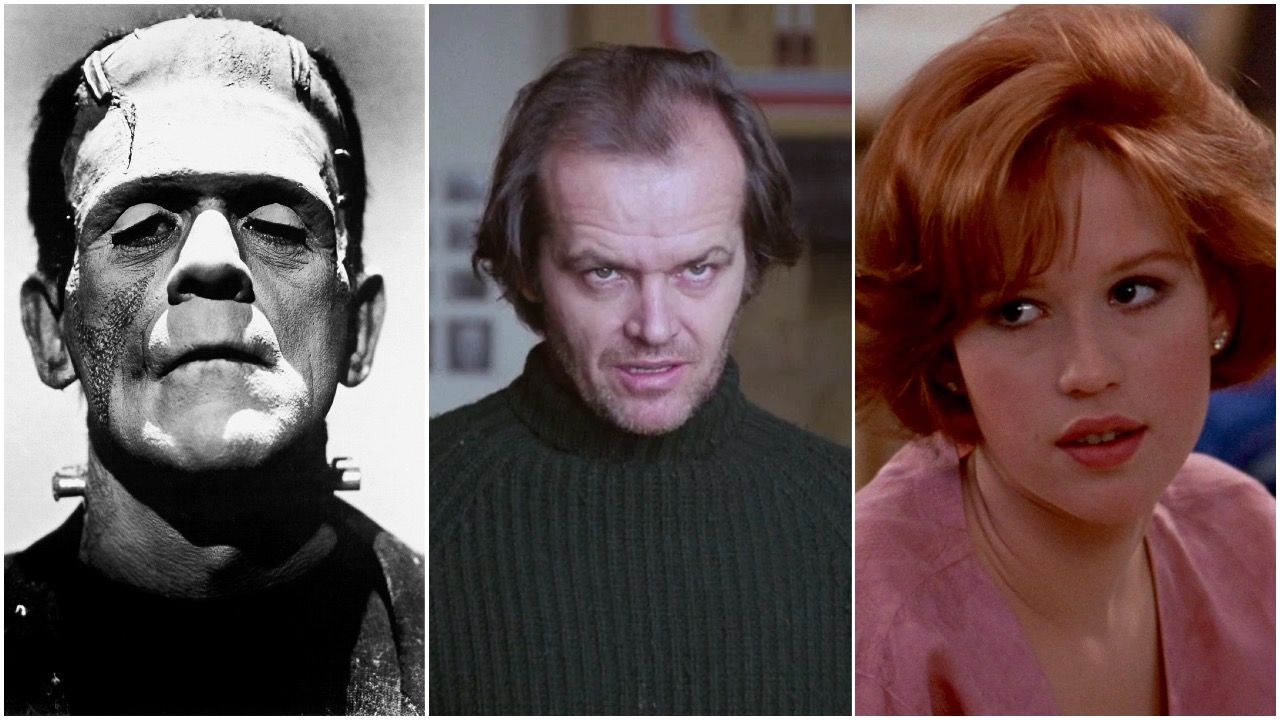
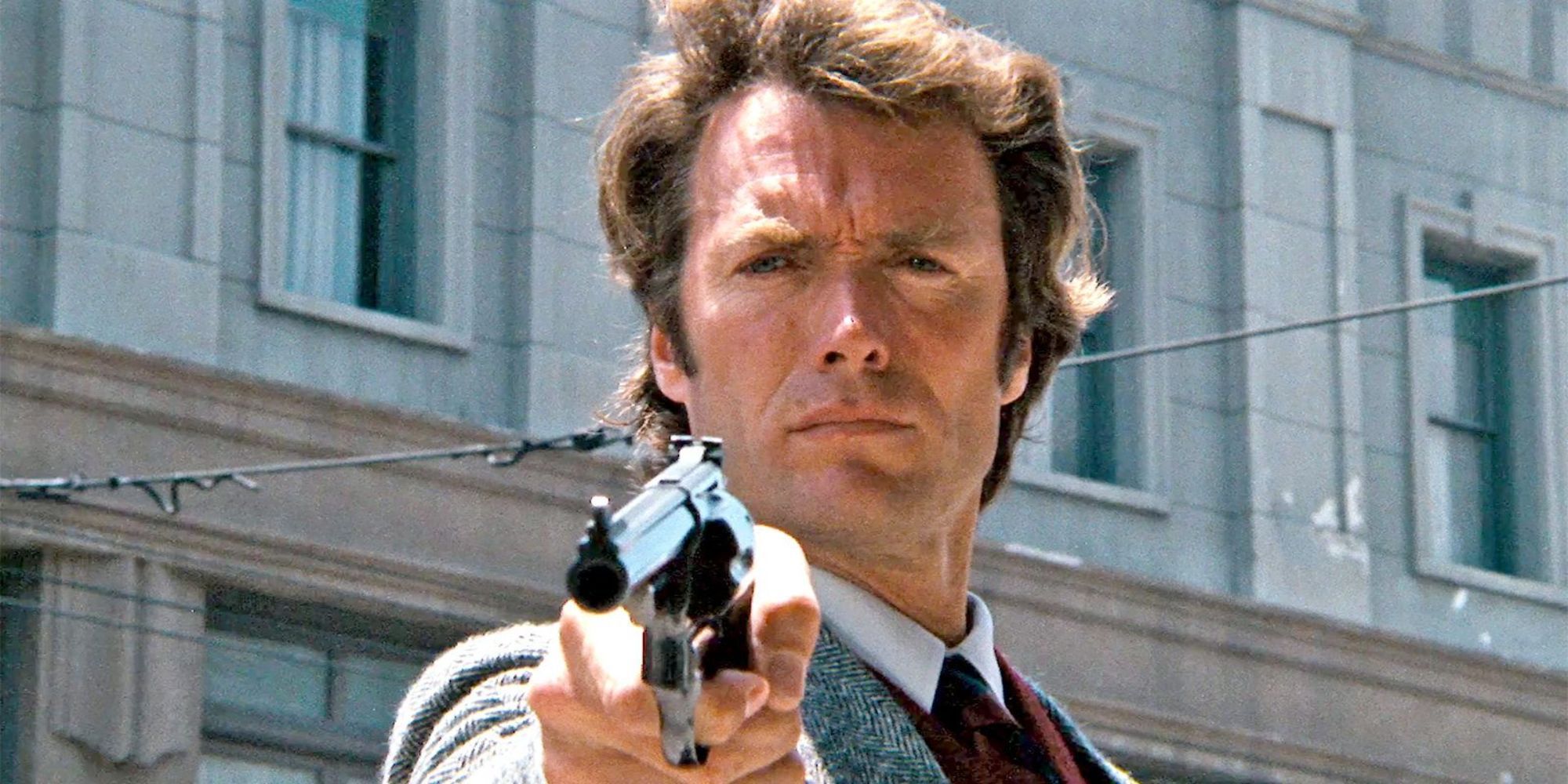
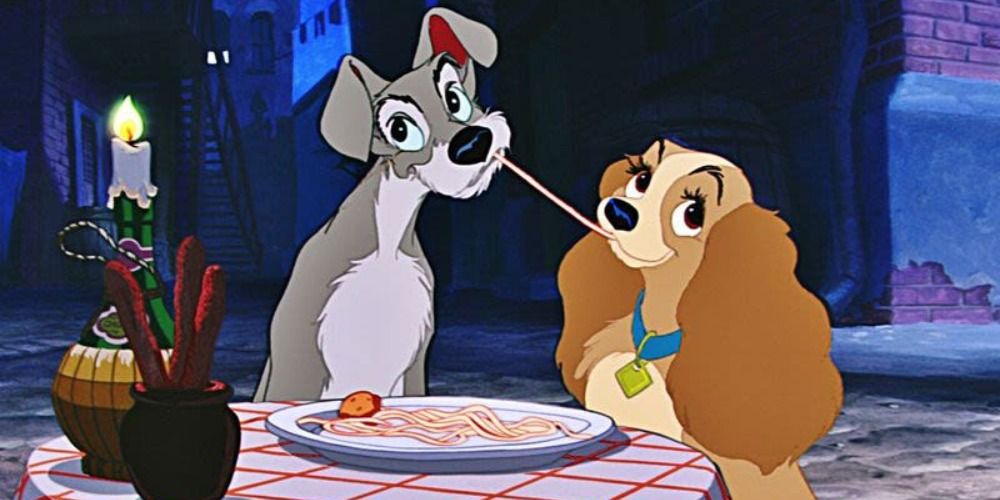
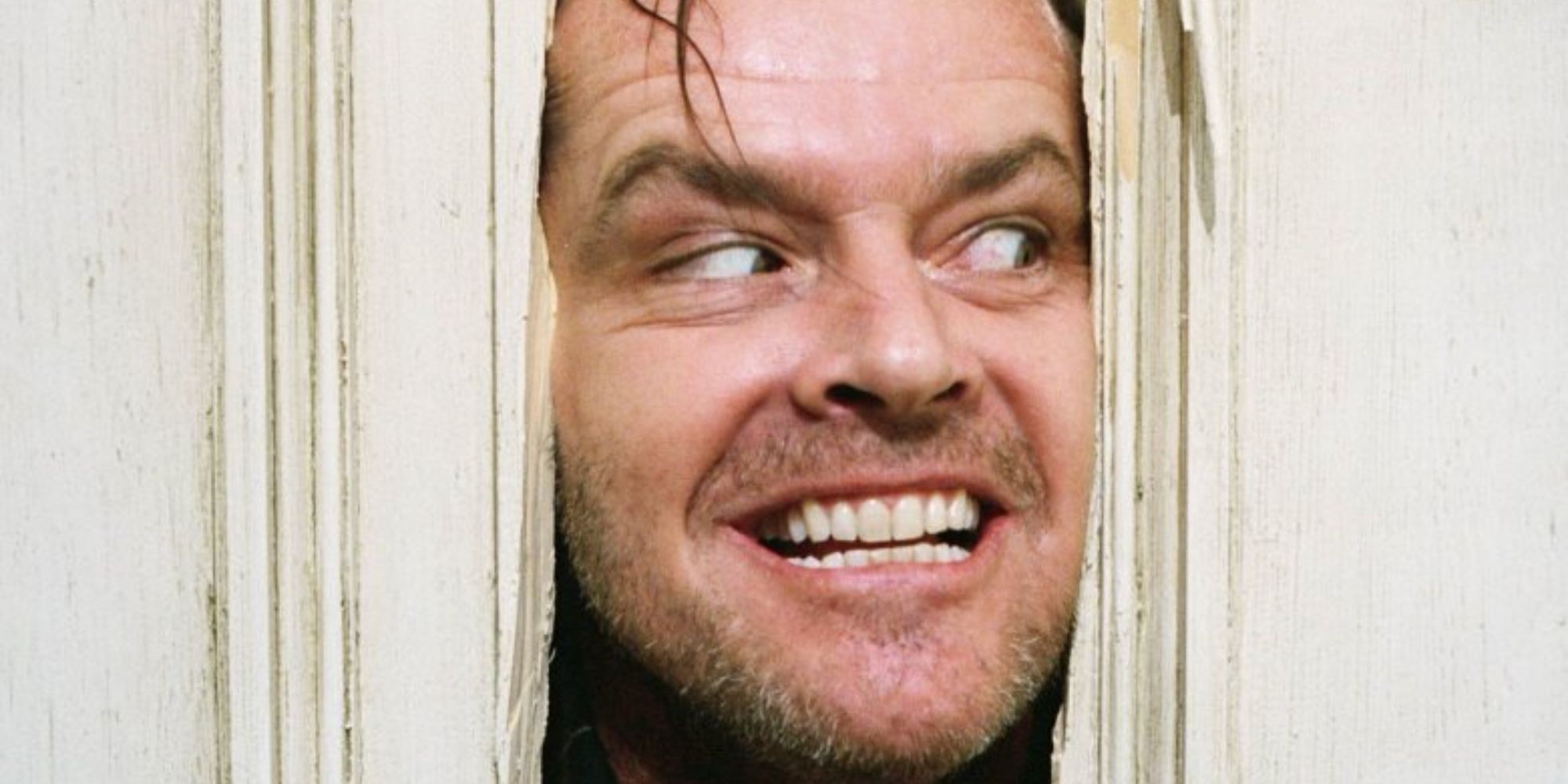
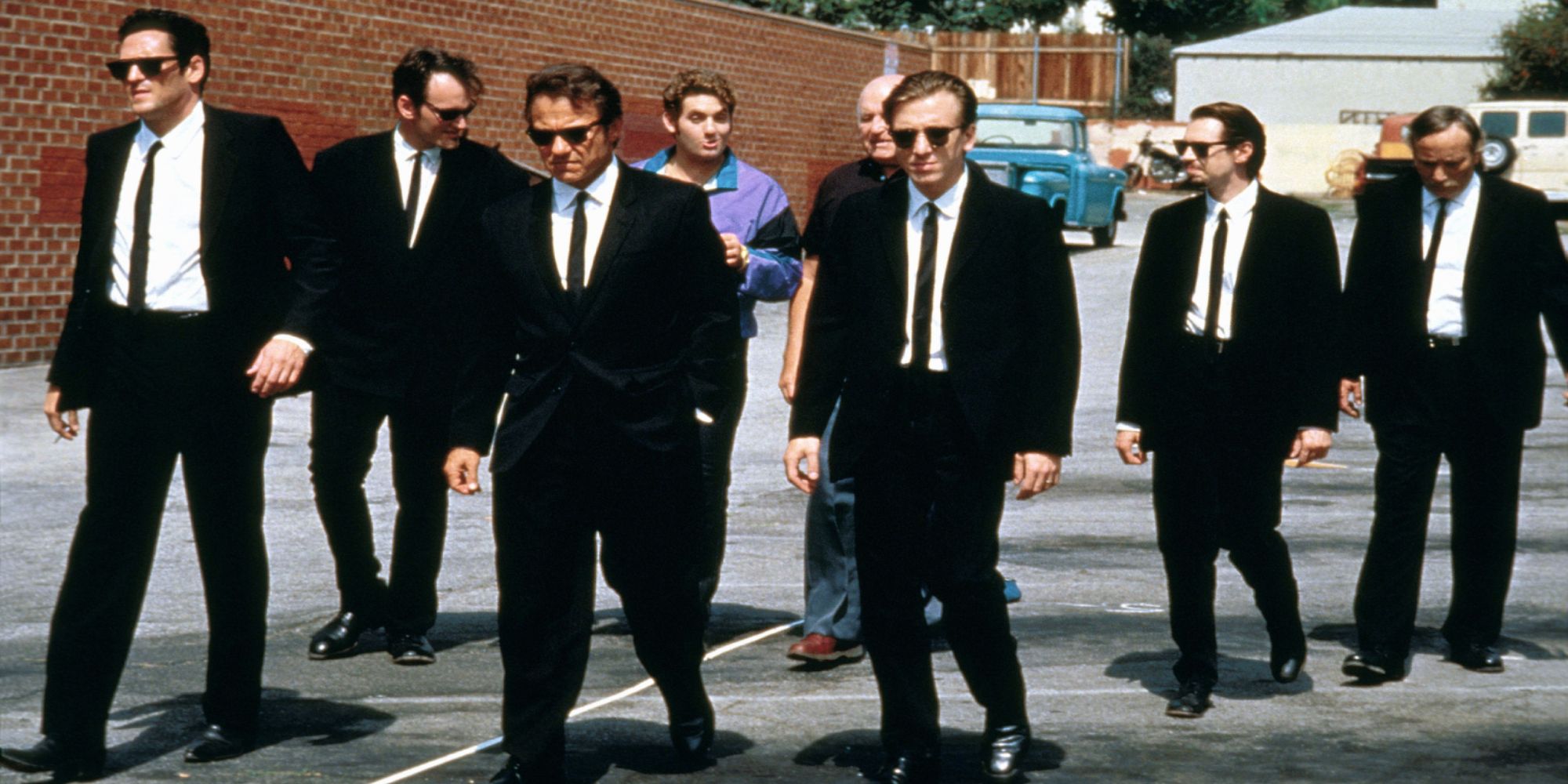
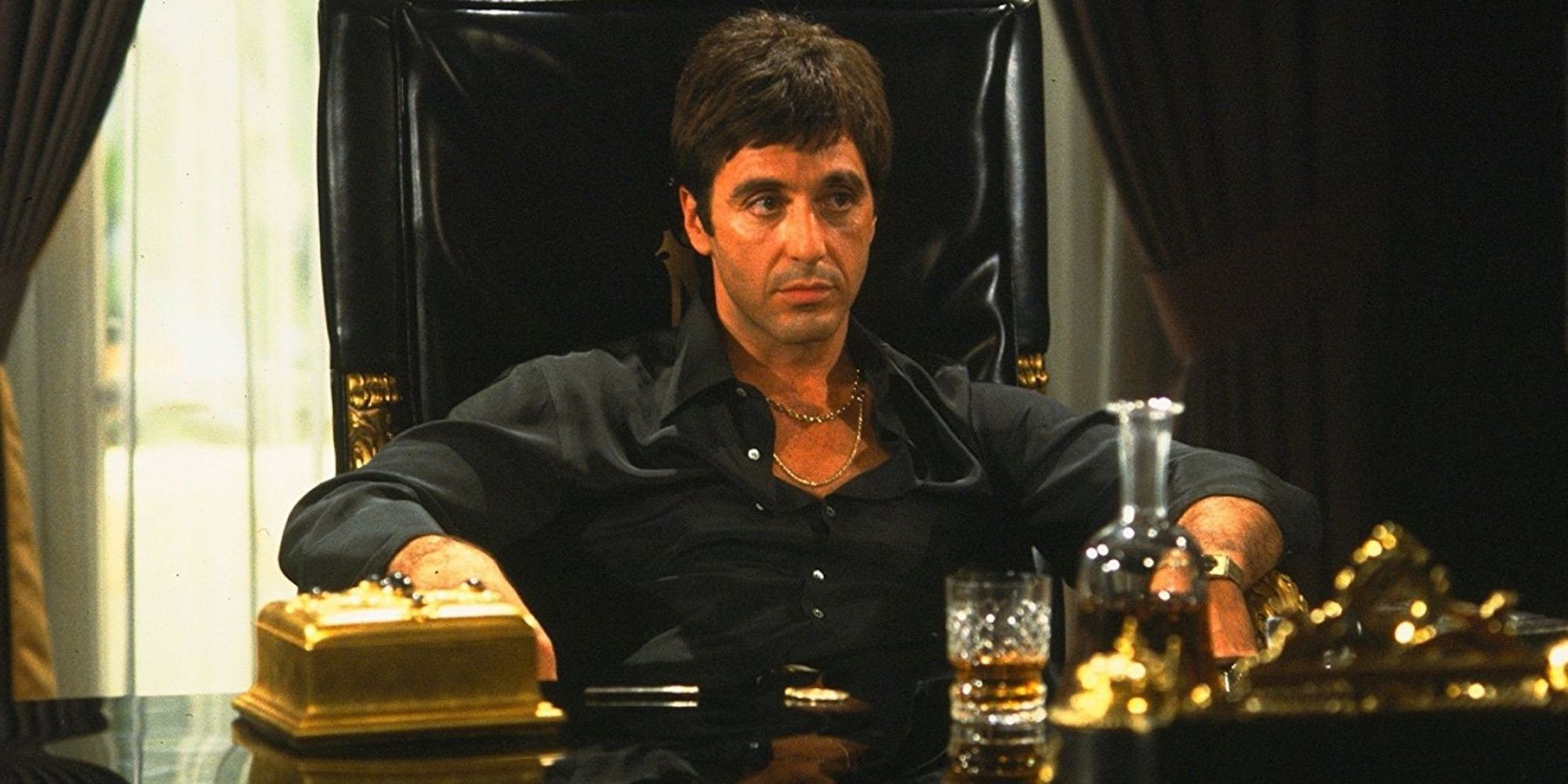
.jpg)
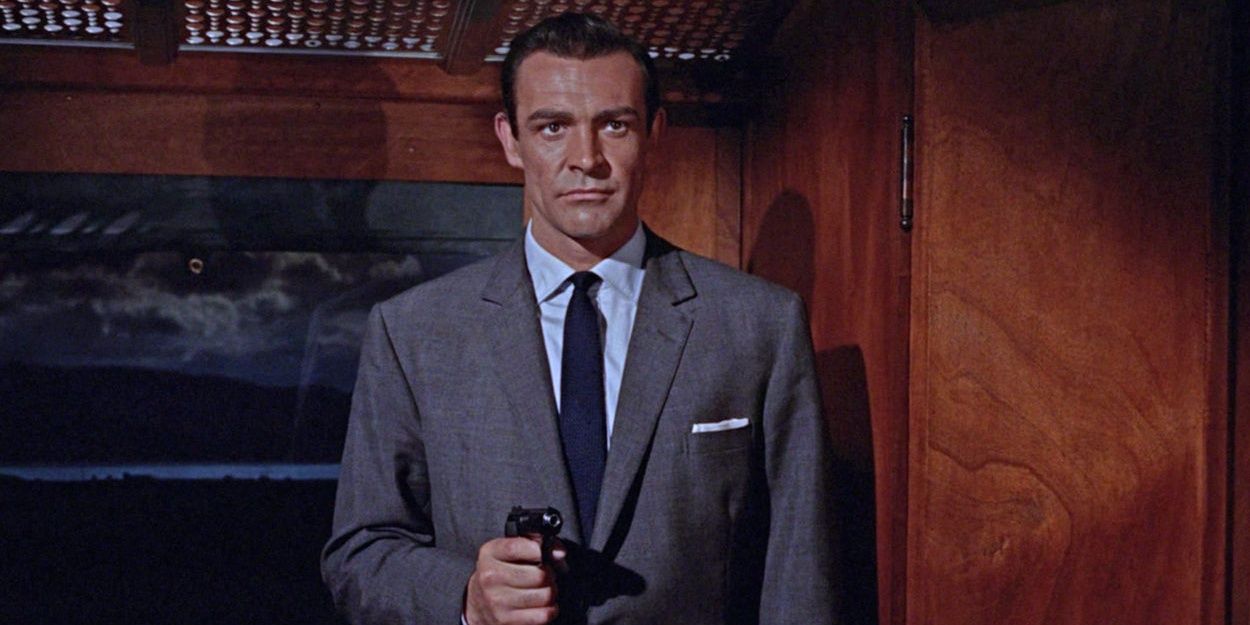
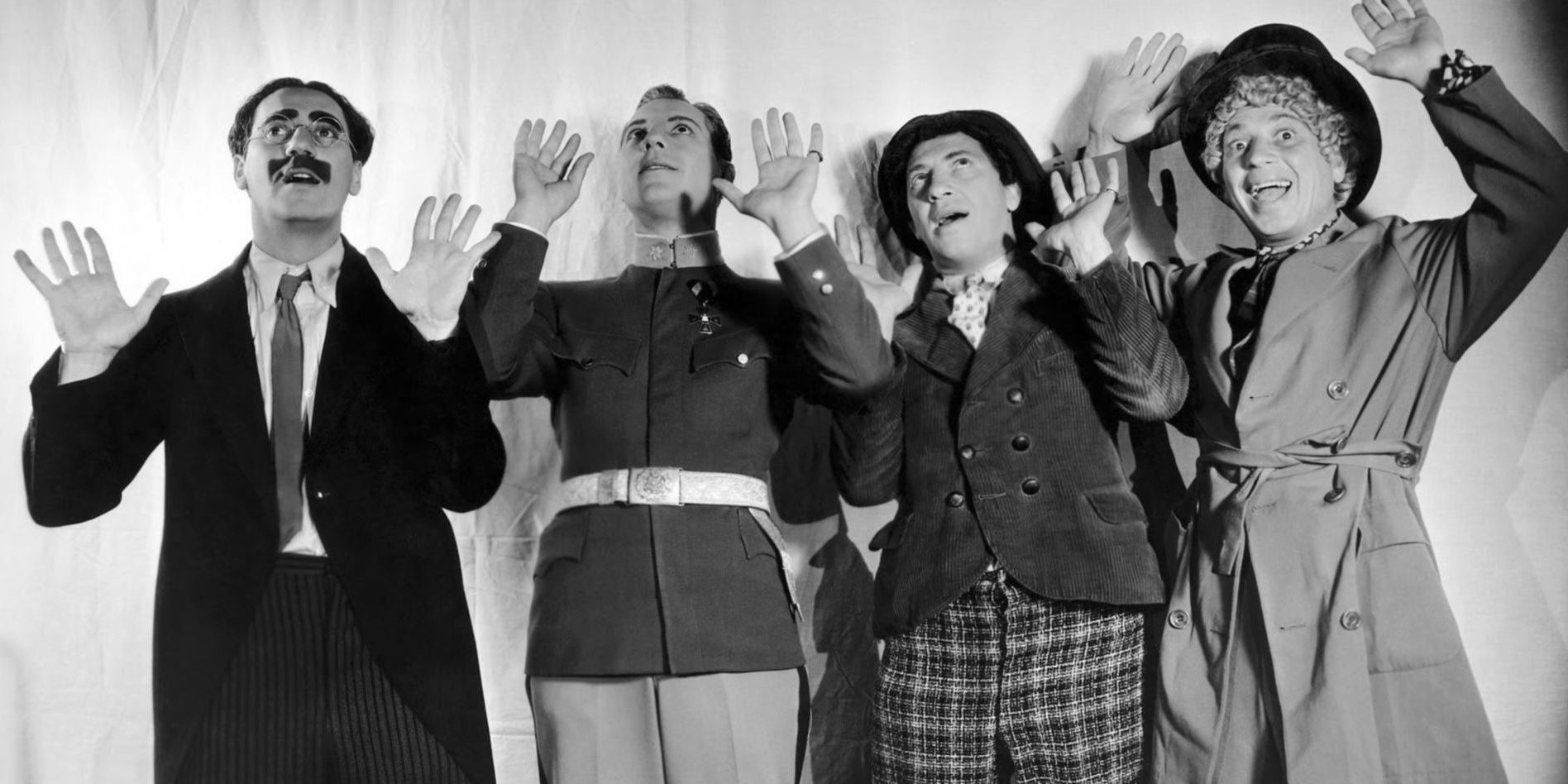
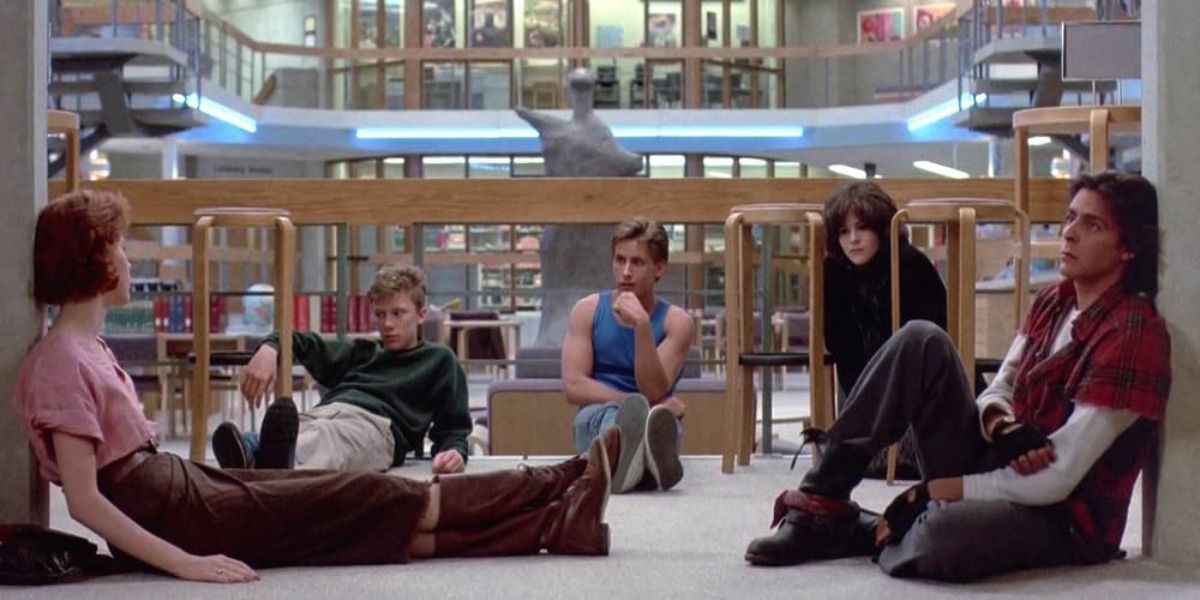
-and-the-blind-girl-(Virginia-Cherrill)-in-City-Lights.jpg)